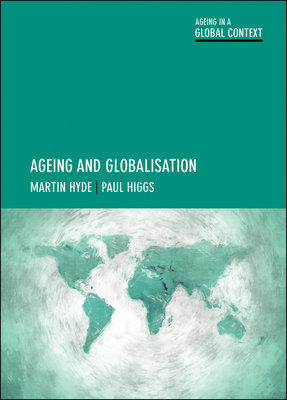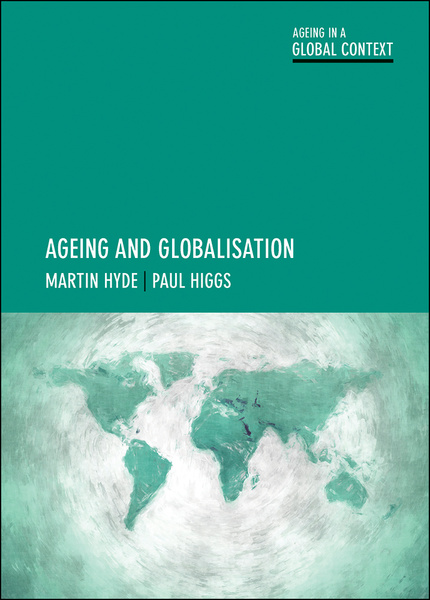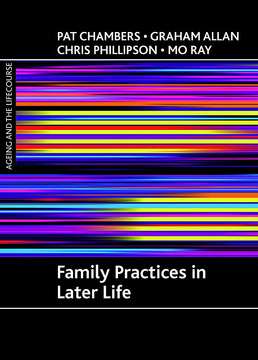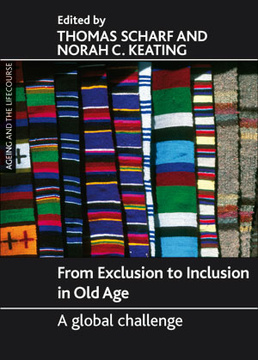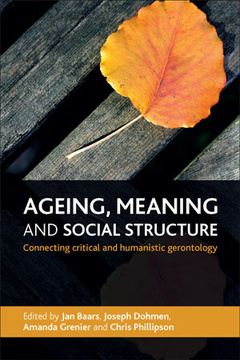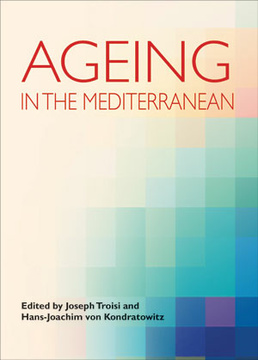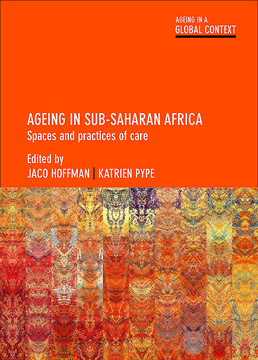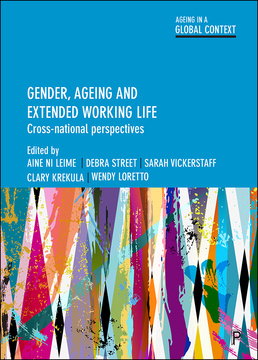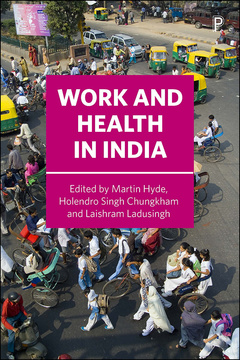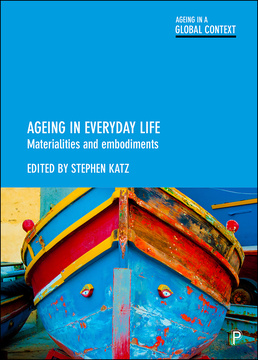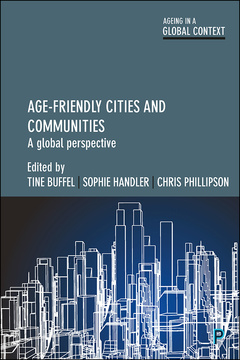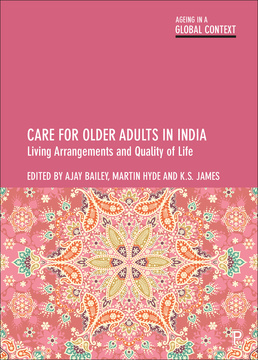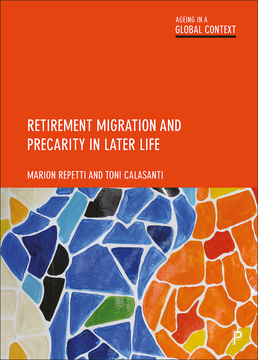Ageing and Globalisation
By Martin Hyde and Paul Higgs
ISBN
978-1447322306Dimensions
234 x 156 mmImprint
Policy PressISBN
978-1447322276Dimensions
234 x 156 mmImprint
Policy PressISBN
978-1447322313Dimensions
Imprint
Policy PressISBN
978-1447322320Dimensions
Imprint
Policy PressPopulation ageing and globalisation represent two of the most radical social transformations that have occurred. This book provides, for the first time, an accessible overview of how they interact.
Ageing has been conventionally framed within the boundaries of nation states, yet demographic changes, transmigration, financial globalization and the global media have rendered this perspective problematic. This much-needed book is the first to apply theories of globalisation to gerontology, including Appadurai’s theory, allowing readers to understand the implications of growing older in a global age.
This comprehensive introduction to globalisation for gerontologists is part of the Ageing in a Global Context series, published in association with the British Society of Gerontology. It will be of particular interest to advanced undergraduate and postgraduate students and academics in this area.
Martin Hyde is Associate Professor in Gerontology at the Centre for Innovative Ageing, Swansea University. His research looks at global ageing, and work, health and retirement in later life.
Paul Higgs is Professor of the Sociology of Ageing at University College London. He has researched the changing nature of later life for over 20 years and is a co-editor of the journal 'Social Theory and Health'.
Introduction of key terms and debates;
Age, ageing and later life;
Gerontological approaches to globalization;
Global geographies of health in later life;
The family life of older people in a global context;
Pensions, work and poverty. The financial landscapes of ageing and later life;
A global Third Age? Identities in later life;
The global politics and policies of ageing;
Conclusion: The necessity of understanding globalization for studying later life.







